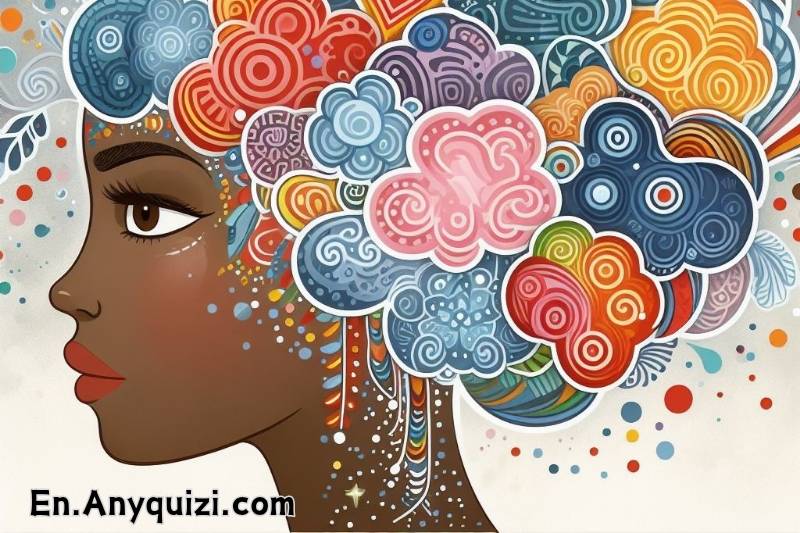Emotional Intelligence
Everyone always talks about emotional intelligence (EL), but what exactly is it? An important aspect of emotional intelligence is the ability to recognize, control, and evaluate emotions - in ourselves and others, and to use that information appropriately. For example, being aware of emotional intelligence in yourself can help you regulate and manage your emotions, while being aware of the emotions of others can lead you to understand them and succeed in both your personal and professional relationships. Given the importance of emotional intelligence, I thought it might be useful to provide a brief overview of the topic, in addition to the ten ways to increase your emotional intelligence, which I originally published in my book, “The Emotional Revolution.”
- Don't interrupt or change the topic: If our feelings are uncomfortable, we may want to avoid them by interrupting or distracting ourselves from them. Sit down at least twice a day and ask yourself: “How do I feel?” », It may take some time for feelings to appear, give yourself that small space of time without interruption.
- Do not rush to judge or modify your feelings: Try not to reject your feelings before you have the opportunity to think about them, as That healthy emotions often rise and fall in waves; It rises to a peak and then fades naturally, and your goal should not be to cut off the wave before it reaches its peak.
- See if you can find connections between your feelings and other times you felt the same way. When you feel a difficult feeling, ask yourself: “When have I felt this feeling before?” » This may help you know whether your current emotional state is a reflection of the current situation or of another period in your past 4. Connect your feelings and thoughts: When you feel an unusual feeling, it is always helpful to ask yourself: “What do I think about this?” », Often one of our feelings conflicts with the rest of the feelings, and this is normal. Listening to your feelings is like listening to all the witnesses in a court case, only by accepting all the evidence will you be able to reach the best judgement.
- Listen to your body: The discomfort you feel in your stomach while driving to work may be a clue. However, your job is a source of stress, and the light heartbeat of a girl you have just started dating may be evidence that this may be “true love.” In fact, listening to those feelings and the underlying feelings they indicate will allow you to engage with your powers of logic.
- If you don't know the truth about your feelings, ask someone else: People rarely realize that others are able to judge how they feel. . Ask someone who knows you (and whom you trust) to tell you how you should act; You may find the answer surprising and inspiring at the same time. Listen to the feelings of your subconscious mind: How can you become more aware of the feelings of your subconscious mind? Try free association. When you are in a relaxed state, allow your thoughts to roam freely and observe their path. Analyze your dreams. Keep a notebook and pen next to your bed and write down your dreams the moment you wake up. Pay special attention to recurring dreams or those charged with strong emotions.
- Ask yourself: How do I feel today? Start by rating your overall feeling of well-being on a scale of one to 100, and write the score daily on a journal. If your feelings seem excessive one day, take some time to think about any thoughts or associations that seem to be related to those feelings.
- Write down thoughts and feelings: Research has shown that writing down your thoughts and feelings can greatly help; A simple practice like this may only take a few hours a week.
- Knowing when to be satisfied: There comes a time when it is time to stop looking inward. Know when it is time to shift your focus outward. Studies have shown that encouraging people to delve into negative feelings can amplify them. Emotional intelligence involves not only the ability to look inward, but also to be present in the world around you.
« It is very important. To understand that emotional intelligence is not the opposite of intelligence, nor is it a victory of the heart over the mind, but rather a unique intersection between them.”
From the book 44 Amazing by Norman Y. Rosenthal











